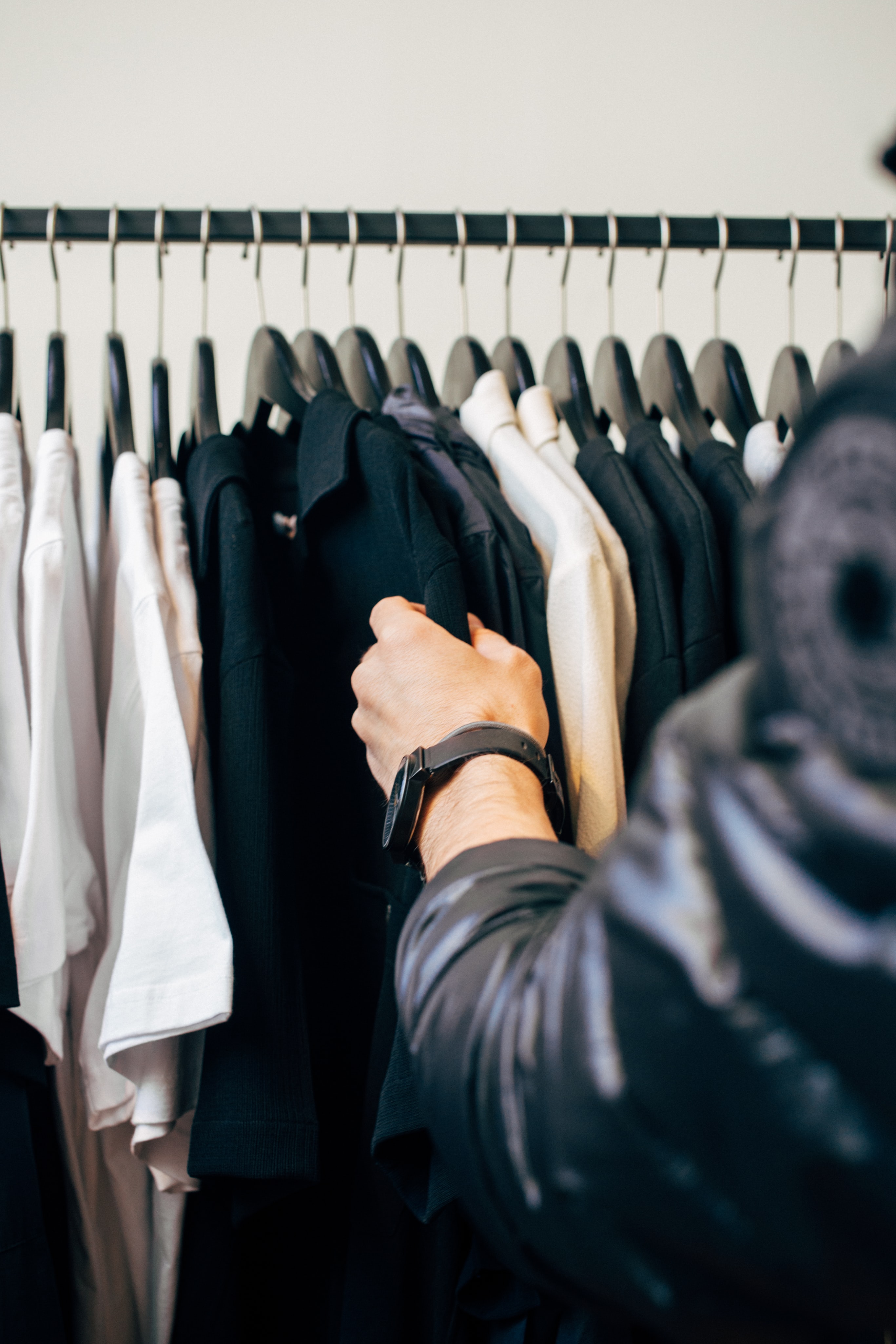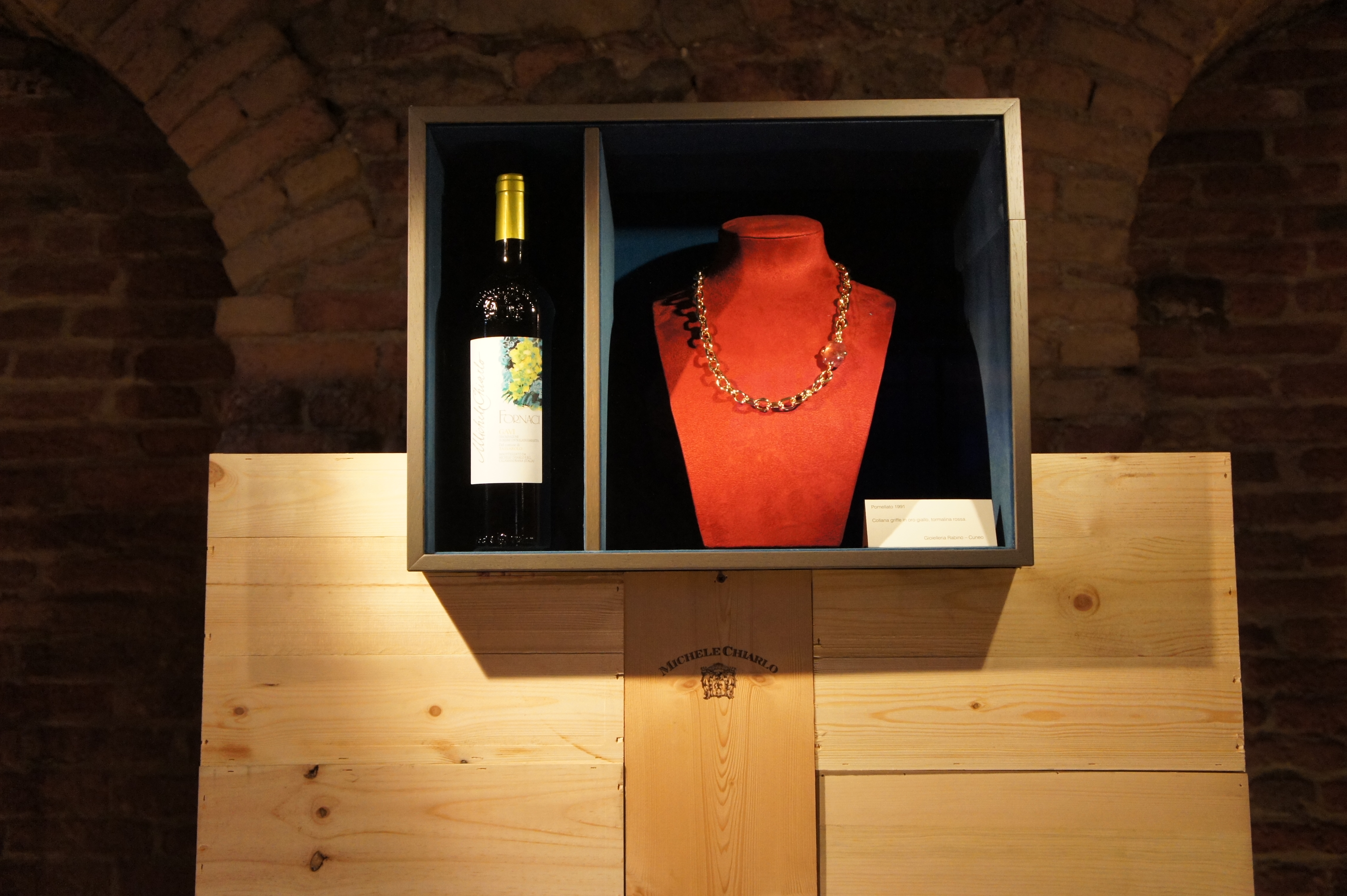IL NUOVO VOLTO DELL'HOSPITALITY
English version below
di Olga Bocharova
Alla voglia di tornare a viaggiare di tutti noi dopo l’angusta dimensione esistenziale resa necessaria dalla pandemia, si accompagnerà un ripensamento delle strutture alberghiere di lusso. Non più solo confortevoli rifugi dove staccare la spina, ma anche luoghi dove accenderla. Poli culturali capaci di aggregare arte e business, benessere del corpo e dello spirito, sviluppo e sostenibilità.
Affari o svago?
Molto spesso ci è capitato di scegliere, al momento della prenotazione, lo scopo del viaggio. L’offerta alberghiera che fino all’inizio dell’anno scorso era esclusivamente divisa fra affari e svago probabilmente sarà ripensata da parte dei gestori: coworking nelle aree comuni, stanze adibite ad uffici, servizi di relax a disposizione anche dei visitatori. Molti sono gli alberghi che hanno già adottato un simile approccio. L’iniziativa potrebbe rivelarsi ottima per i mesi estivi e autunnali di quest’anno, visto il privilegio dello smart-working da parte di tante aziende.
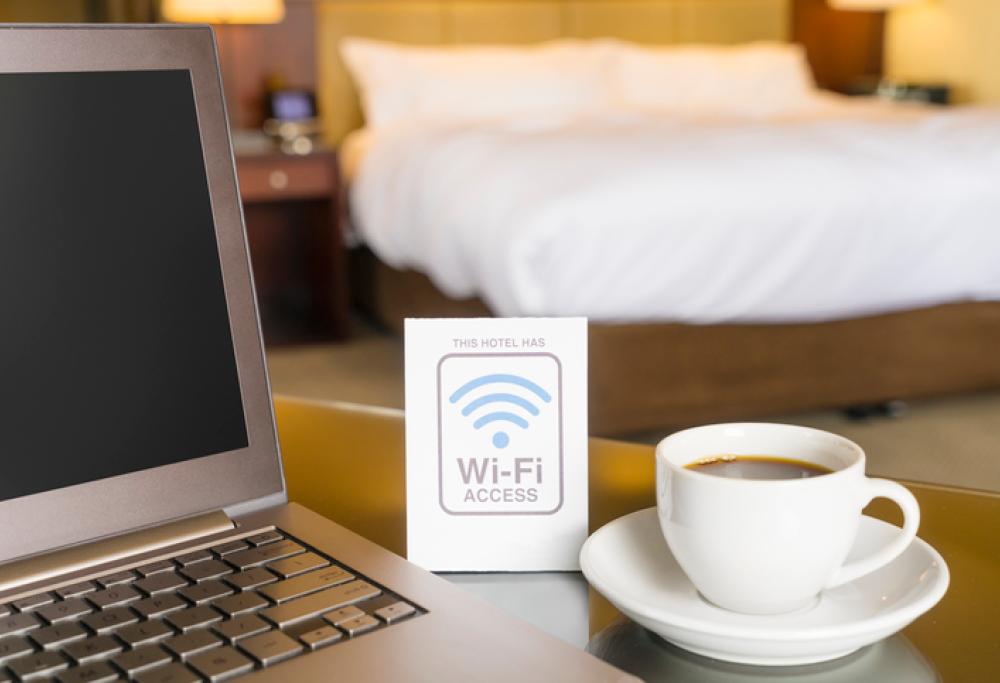
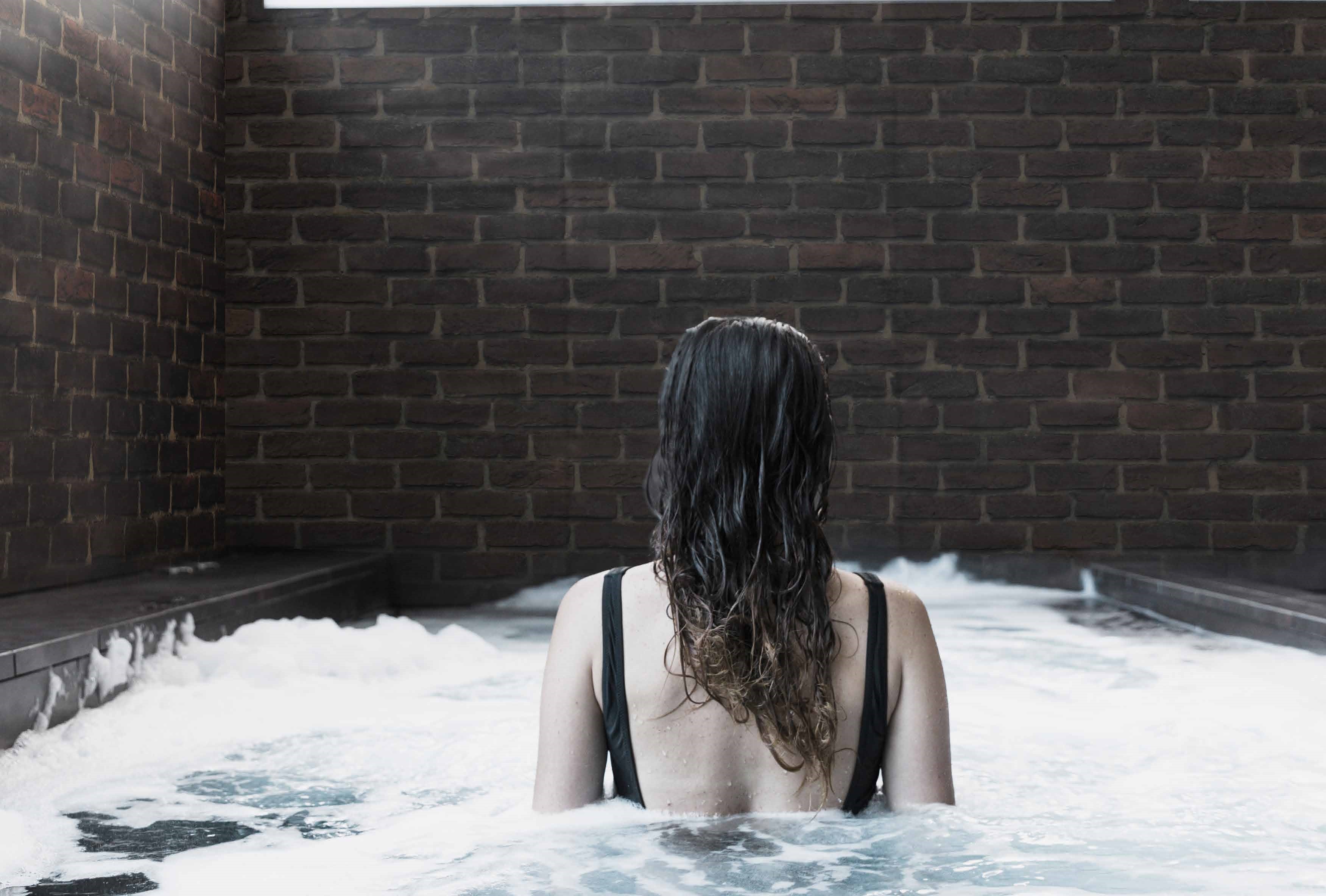
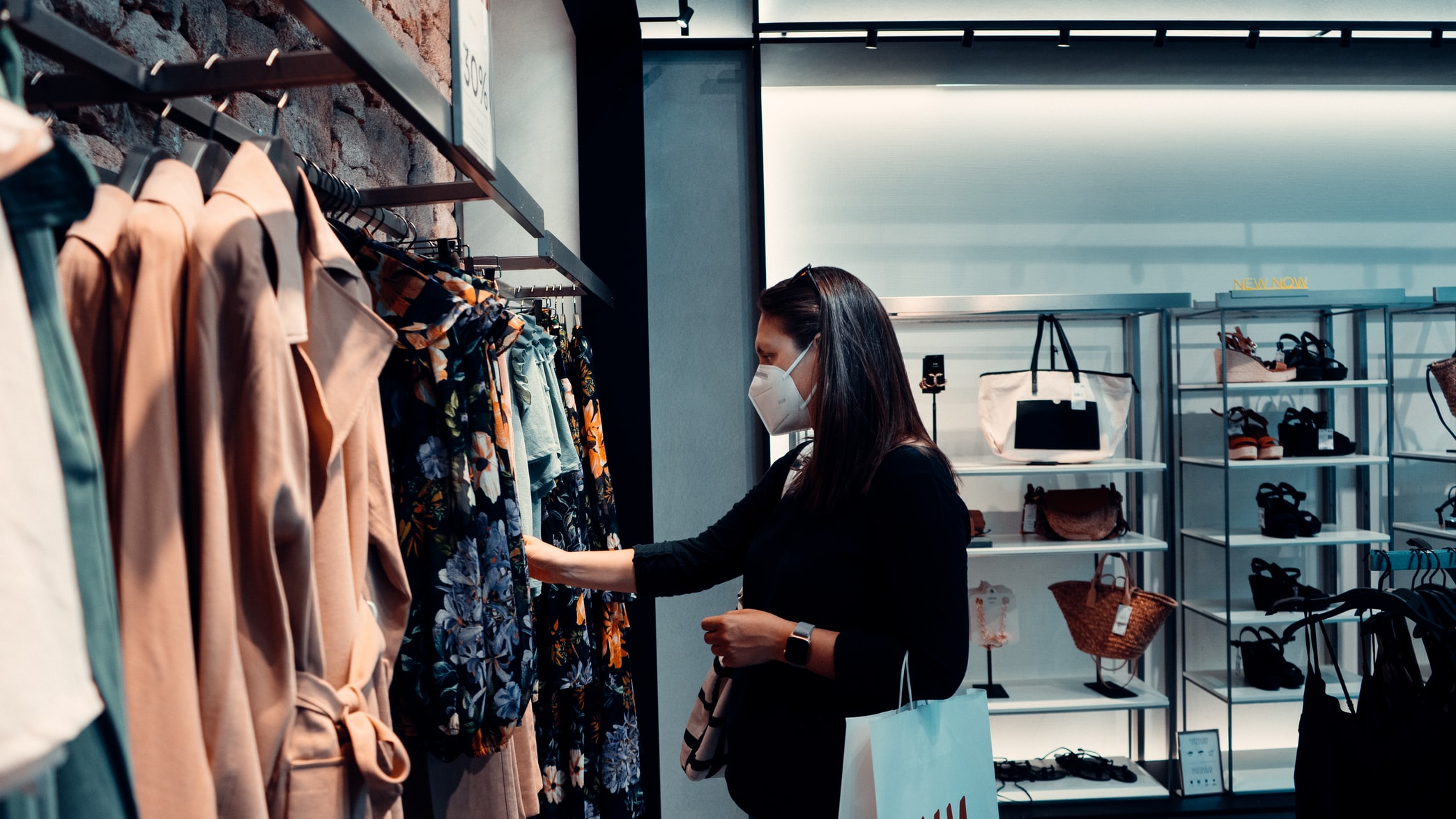
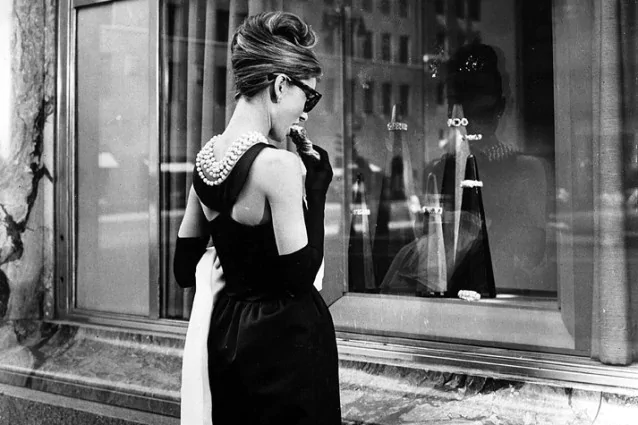
La psicologia del consumatore
Il settore di retail, che a differenza degli alberghi per ovvie ragioni beneficia delle possibilità di garantire il servizio online (sfruttato al massimo da diversi brand), si trova comunque in crisi, ma una crisi di natura diversa. La chiusura temporanea degli store, le restrizioni e il calo del turismo hanno colpito duramente la tradizionale attività di vendita. E’ cambiata anche la natura stessa dell’acquisto: se fino al 2020 le commissioni erano un’esperienza piacevole e divertente, quasi un rito domenicale associato al tempo libero (il famoso shopping della domenica), con l’arrivo della pandemia l’acquisto è diventato un mezzo per alleviare lo stress. Tale tipo di acquisto è paragonabile ai tanti dolci mangiati sotto pressione: il piacere ne viene meno e viene spesso seguito dal senso di colpa.
Per quanto riguarda i punti vendita, nella situazione di incertezza e bassa morale generale i consumatori preferiscono ridurre il tempo di permanenza nei negozi fisici, optando per gli acquisti online. Cresce inoltre la diffidenza verso gli standard di sicurezza dei prodotti esposti. L’atteggiamento psicologico del consumatore risulta, dunque, ancora più importante di prima.
Il ritorno alla tangibilità
La necessità da parte di un potenziale cliente di sperimentare le caratteristiche fisiche di un prodotto, soprattutto nel settore del lusso, fa la differenza, ancora di più in un mondo dove regna il digitale. Con l’arrivo della bella stagione, una delle soluzioni per restituire all’acquisto la connotazione di piacere e al prodotto la sua tangibilità potrebbe essere l’ampliamento dei temporary store, mostre, corner e pop-up negli spazi delle strutture alberghiere.
E’ risaputo che il cambio dell’atmosfera e la vacanza agiscono positivamente sia sulla salute fisica sia su quella psicologica: il beneficio di una vacanza è riconosciuto dai tempi degli antichi. Orazio, Cicerone, Ovidio, Seneca e molti altri sostenevano che il negotium vada alternato con l’otium; quest’ultimo non è semplice “non fare”, bensì un’occasione per rigenerare il cervello rendendoci più attenti, sereni, lucidi e produttivi. In un'atmosfera di benessere e spensieratezza gli alberghi, i resort e le località turistiche quindi diventano luoghi eccellenti per ospitare il retail.
Mostre e installazioni artistiche
La fame di arte, di esperienze visive e tattili insolite rende il potenziale consumatore favorevole alla percezione e all’apprezzamento delle installazioni temporanee dal carattere artistico o semi artistico. Posizionati all’aperto o nelle lounge, gli allestimenti e le mostre valorizzano l’immagine del brand negli occhi del consumatore e aumentano la sua propensione all’acquisto del prodotto.
Pop-up e temporary store
I pop-up all’aperto e i temporary store che hanno dimostrato la particolare efficacia nelle vendite nell’anno segnato dalla pandemia, grazie alle esperienze immersive che offrono e soprattutto la loro struttura dello spazio, spesso aperta, hanno un grande potenziale se posizionati sul territorio dell’albergo: le persone tenderanno comunque a ridurre gli spostamenti fuori da esso, soprattutto se dotato di tutti i comfort. Bisogna però prestare l’attenzione alle condizioni di sicurezza: la loro evidenza porterà all’aumento della fiducia da parte del consumatore.
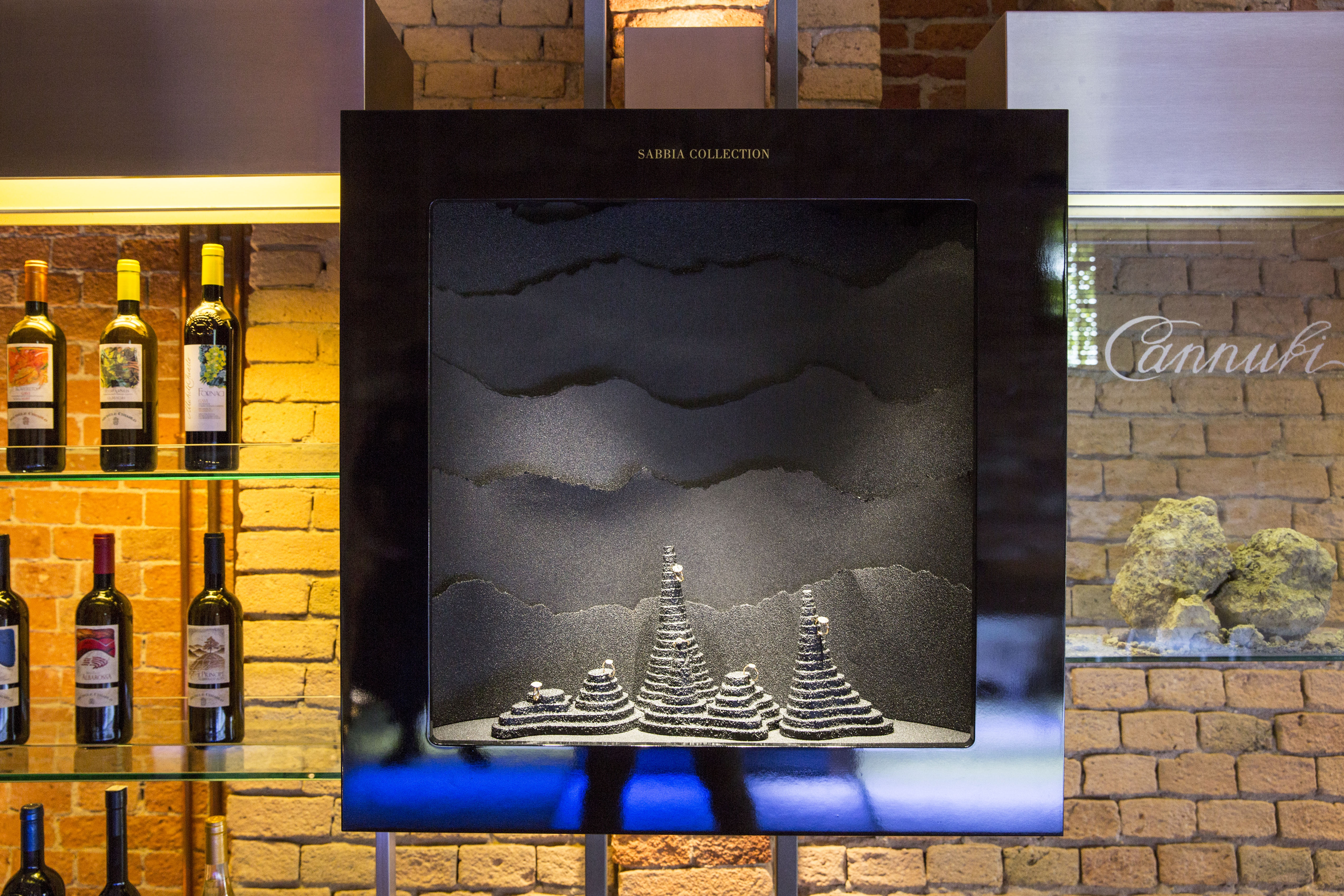
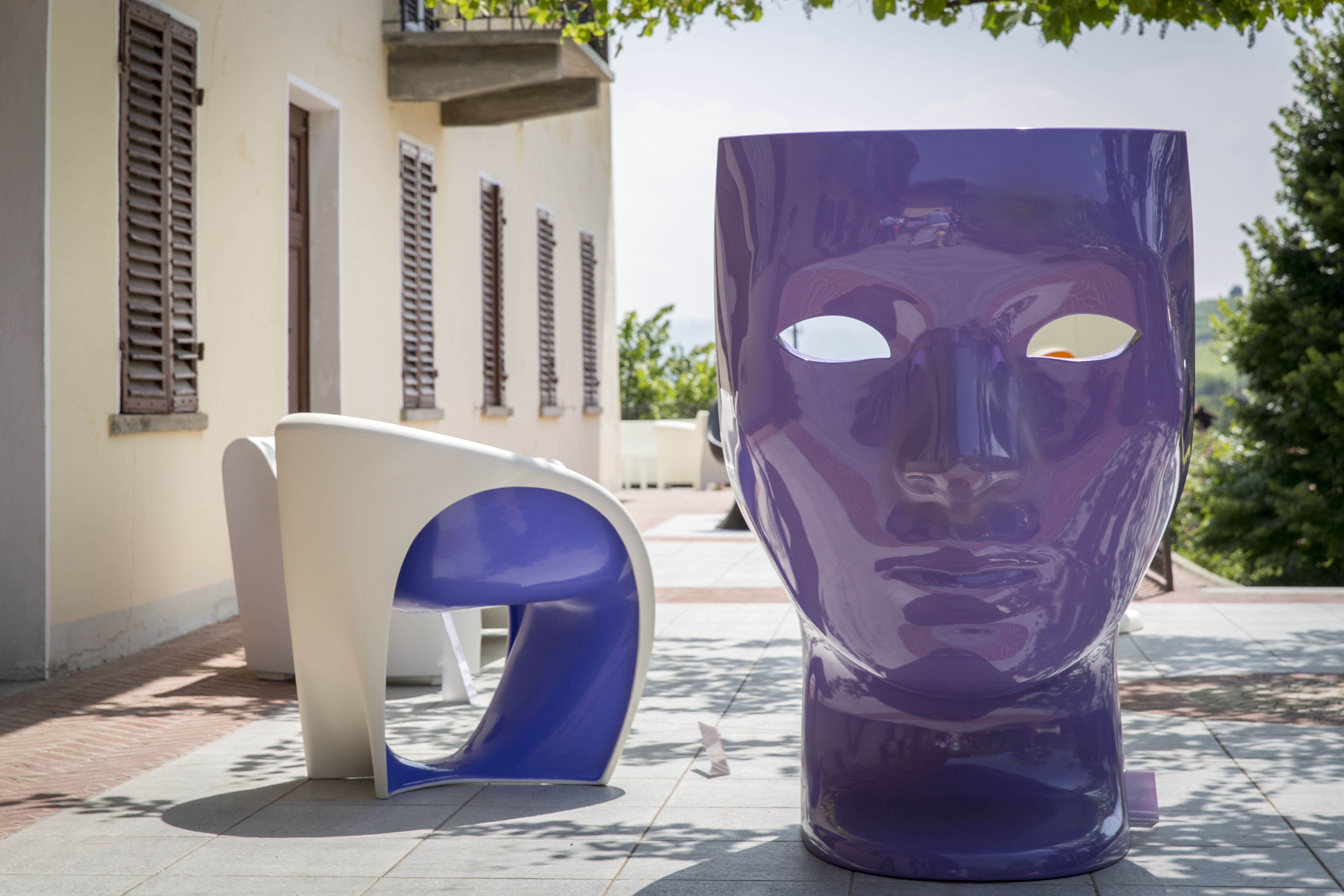
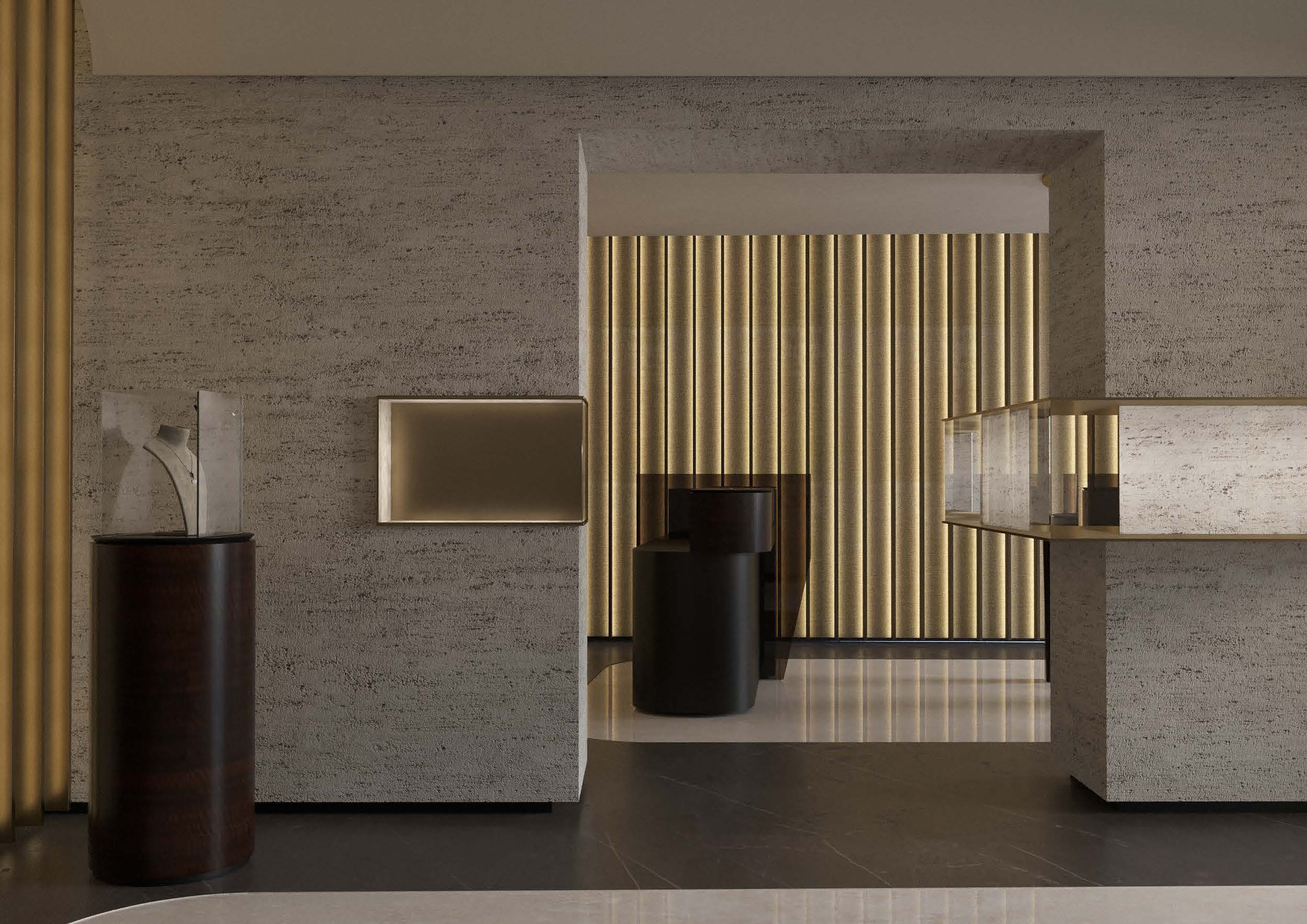
Benefici per gli alberghi
Garantire al cliente i servizi aggiuntivi presso la struttura potrebbe aumentare la presenza dell’ospite negli spazi dell’albergo, quindi le maggiori consumazioni e un maggiore livello di gradimento della permanenza.
THE NEW FACE OF HOSPITALITY
The desire of all of us to return to travel after the narrow existential dimension made necessary by the pandemic will be accompanied by a rethinking of luxury hotels. No longer just comfortable shelters to unplug, but also places to turn it on. Cultural centers capable of bringing together art and business, the well-being of the body and spirit, development, and sustainability.
Business or leisure?
Very often we have chosen, at the time of booking, the purpose of stay. The hotel offer that until the beginning of last year was exclusively divided between business and leisure will probably be rethought by the managers: coworking in the common areas, rooms used as offices, relaxation services also available to visitors. Many hotels have already adopted this approach. The initiative could prove to be excellent for the summer and autumn months of this year, given the smart-working approach adopted by many companies.
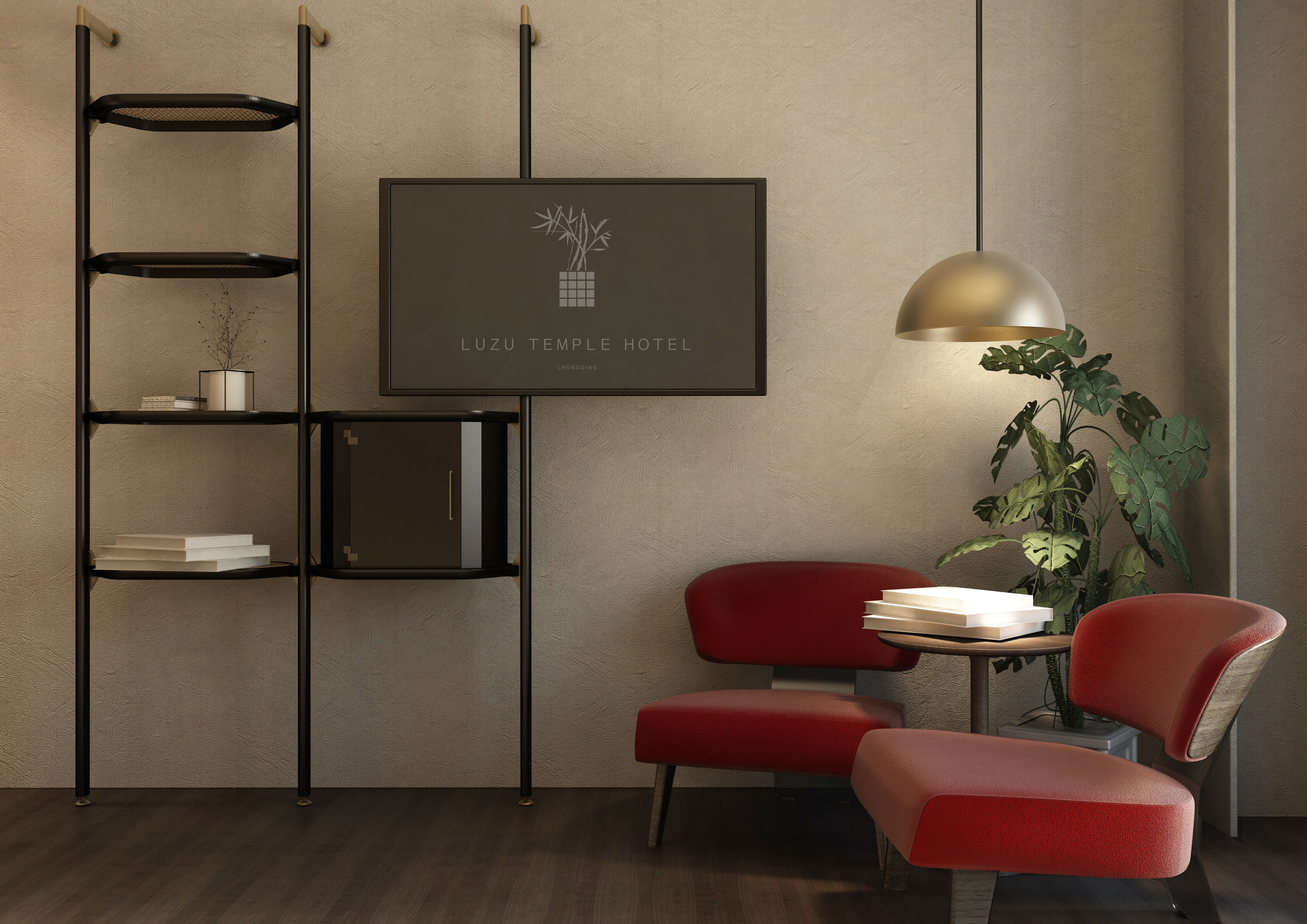
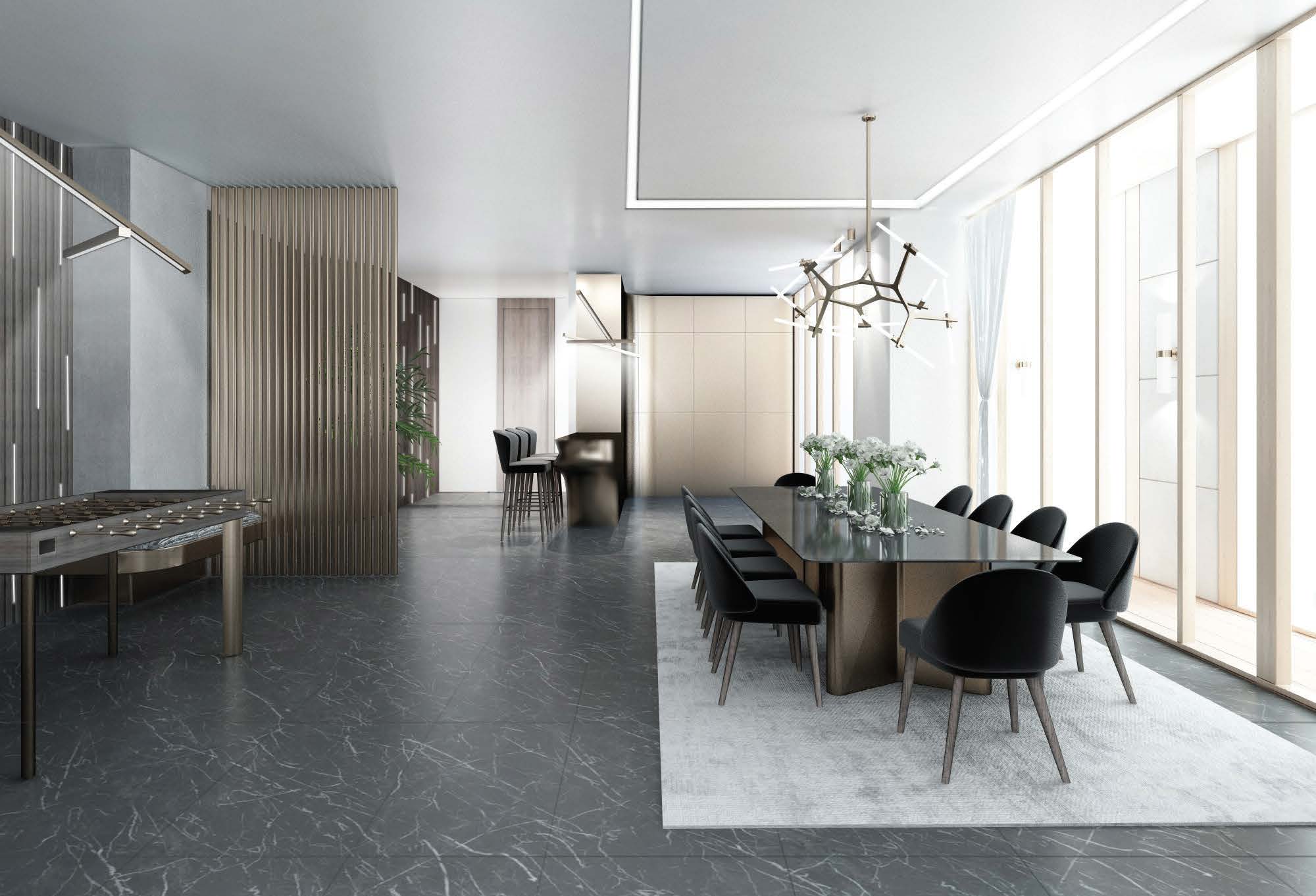
Consumer psychology
The retail sector, which unlike hotels for obvious reasons benefits from the possibilities of guaranteeing the online service (exploited to the maximum by various brands), is still in crisis, but a crisis of a different nature. Temporary store closures, restrictions, a drop in tourism have hit the traditional retail business hard. The very nature of the purchase has also changed: if until 2020 the commissions were a pleasant and fun experience, almost a Sunday ritual associated with free time (the famous Sunday shopping), with the arrival of the pandemic the purchase has become a means of relieving stress. This type of purchase is comparable to the many sweets eaten under pressure: the pleasure fails and is often followed by a sense of guilt.
As for the stores, in the situation of uncertainty and low general morale, consumers prefer to reduce the time spent in physical shops, opting for online purchases. There is also growing distrust towards the safety standards of the products on display. The psychological attitude of the consumer is, therefore, even more important than before.
The return to tangibility
The need for a potential customer to experience the physical characteristics of a product, especially in the luxury sector, makes the difference, even more so in a world where digital reigns. With the arrival of summer, one of the solutions to restore the connotation of pleasure to the purchase and the tangibility to the product could be the expansion of temporary stores, exhibitions, corners, and pop-ups in the spaces of hotel facilities.
It is well known that the change of atmosphere and the holiday have a positive effect on both physical and psychological health: the benefit of a holiday has been recognized since ancient times. Horace, Cicero, Ovid, Seneca, and many others argued that the negotium should be alternated with the otium; the latter is not a simple "not to do", but an opportunity to regenerate the brain by making us more attentive, serene, lucid and productive. In an atmosphere of well-being and light-heartedness, hotels, resorts and tourist villages, therefore, become excellent places to host retail.
Exhibitions and art installations
The hunger for art, for unusual visual and tactile experiences, makes the potential consumer favorable to the perception and appreciation of temporary installations with an artistic or semi-artistic character. Placed outdoors or in lounges, the settings and exhibitions enhance the image of the brand in the eyes of the consumer and increase their propensity to purchase the product.
Pop-ups and temporary stores
The open-air pop-ups and temporary stores that have shown particular effectiveness in sales in the year marked by the pandemic, thanks to the immersive experiences they offer and above all their often open space structure, have great potential if positioned on the territory of the hotel: people will, in any case, tend to reduce travel outside the hotel, especially if equipped with all comforts. However, attention must be paid to safety conditions: their evidence will lead to an increase in consumer confidence.
Benefits for hotels
Providing the customer with additional services at the facility could increase the guest's presence in the hotel spaces, hence the greater consumption and a greater level of satisfaction with the stay.
